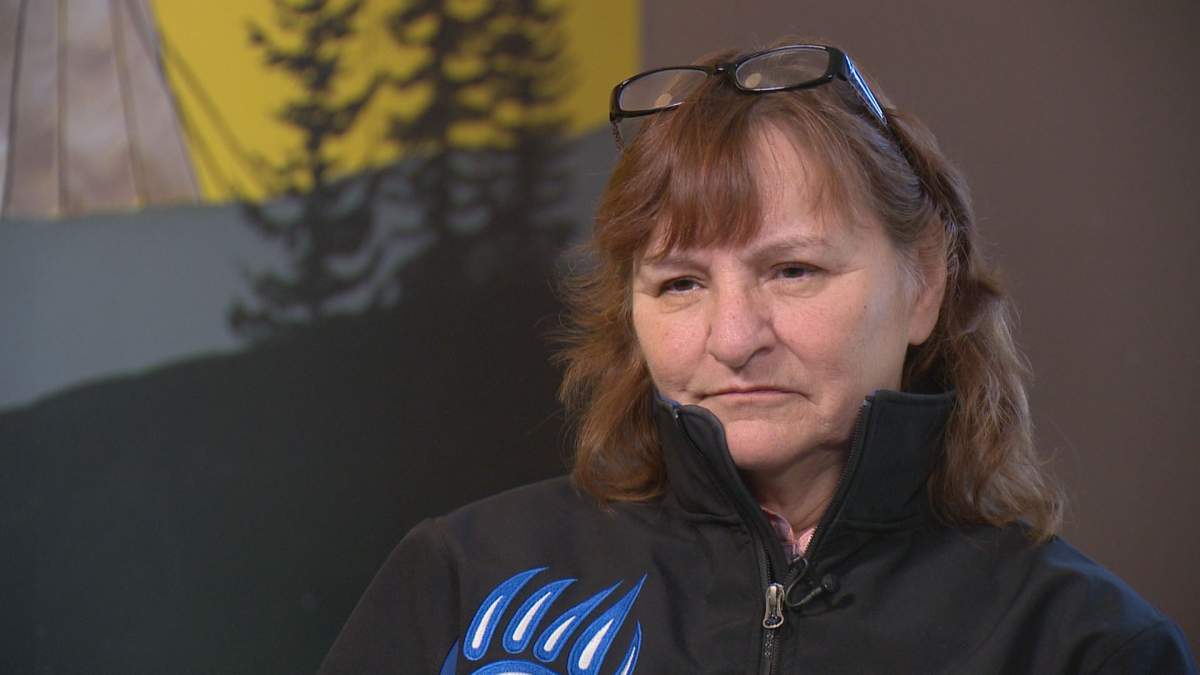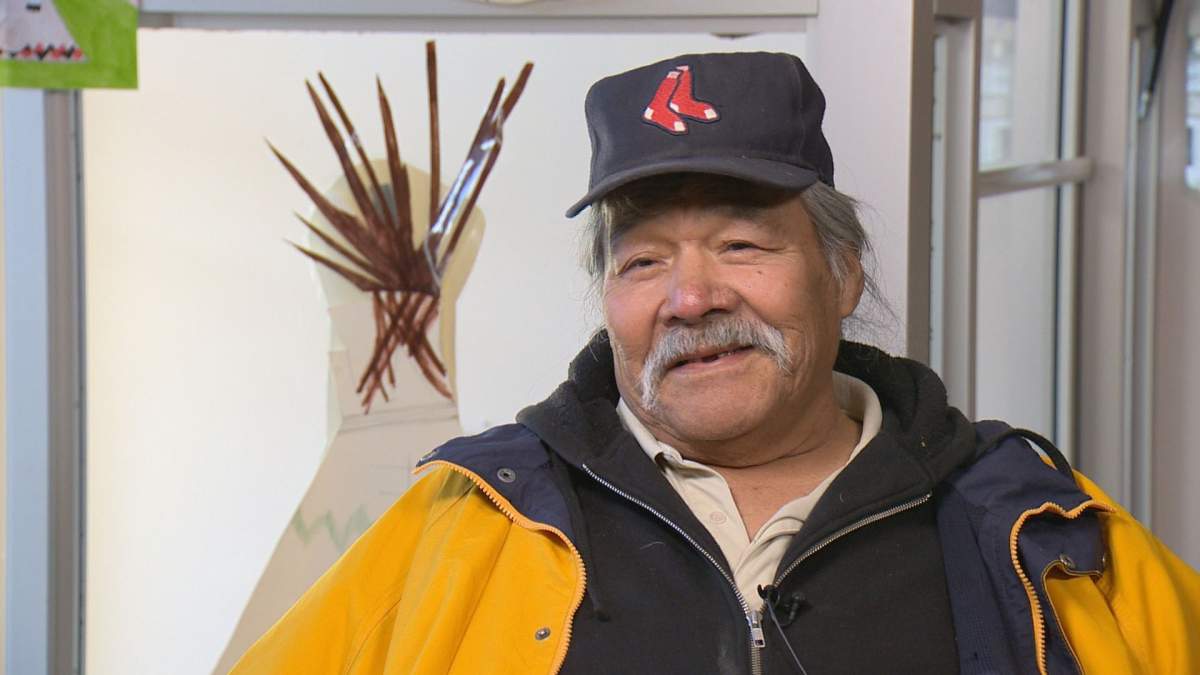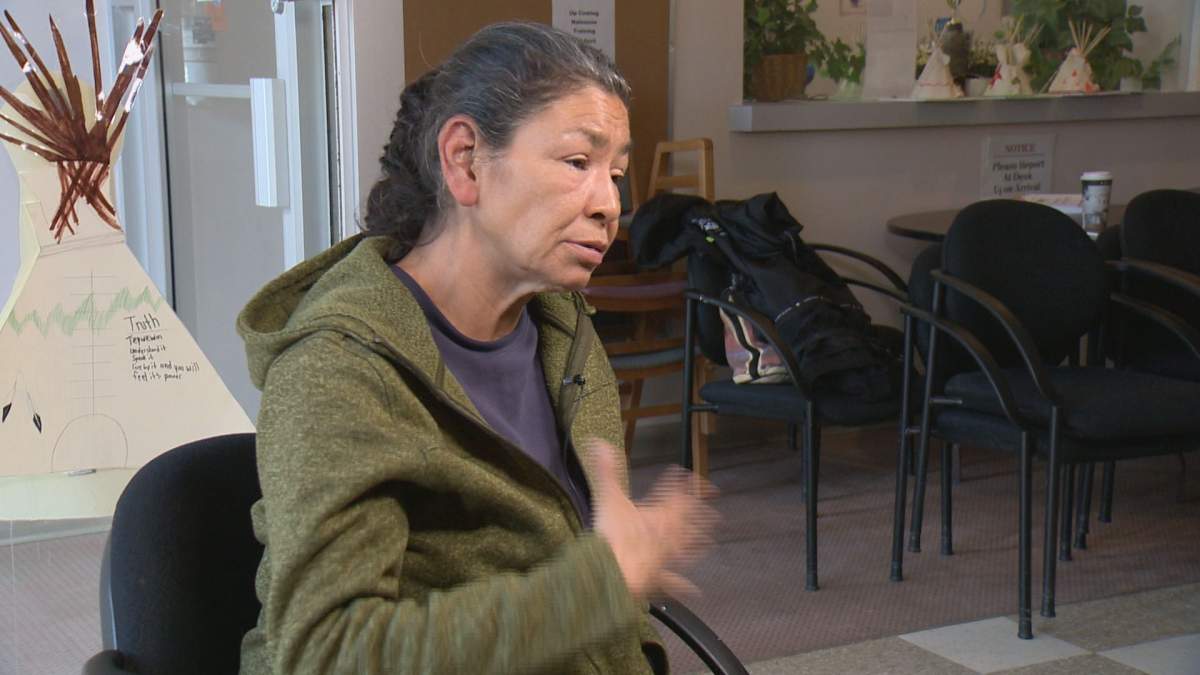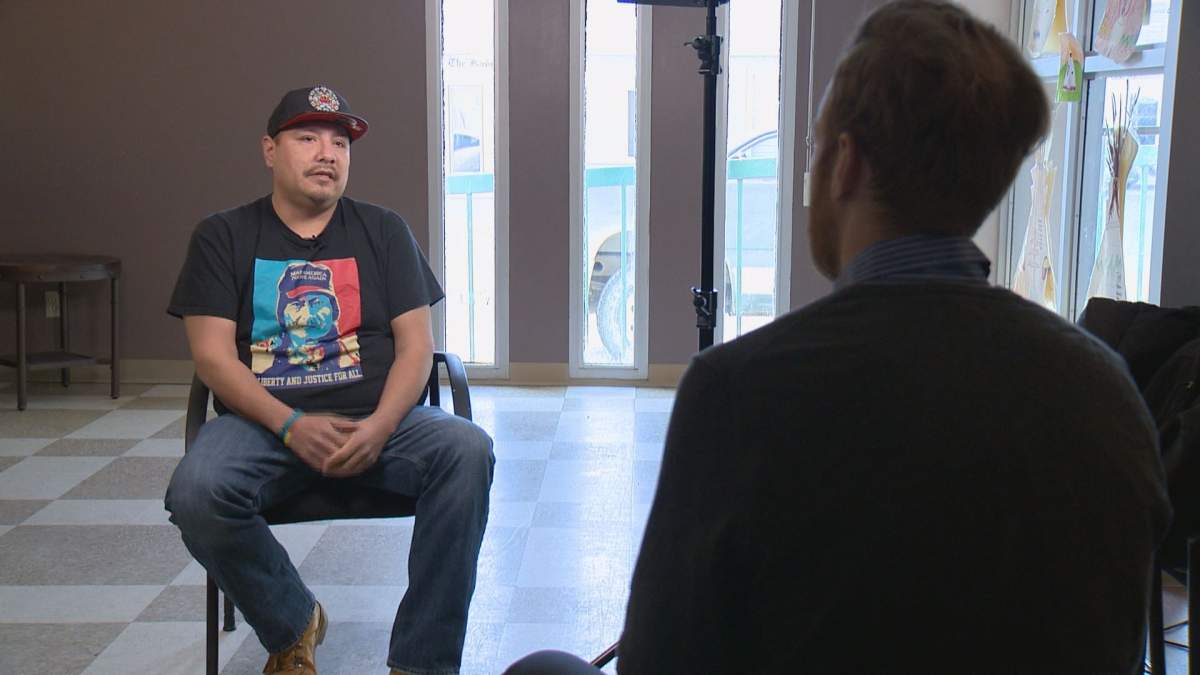The College of Physicians and Surgeons of Saskatchewan’s charges against a Kamsack doctor for unprofessional conduct filed on March 17 are still pending. The charges Dr. Murray Davies faces relate to allegations of improperly prescribing opioids.

Dr. Davies has not yet plead guilty or not guilty to these allegations, so a hearing date has not been set.
Wanda Cote, the manager of New Beginnings Outreach in Kamsack, said even if there is a guilty verdict, it will do little to change the greater drug issues in the community.
“It’s too little too late. Now we’re left with the aftermath of cleaning up and rebuild people’s lives here in the community,” she said.
New Beginnings sees 450 clients come through their doors each month, according to Cote. The centre provides a wide variety of services to the community’s most vulnerable, including counselling sessions and addictions support.
Opioids are not the only problem drug in the community. Cote says there are also high rates of crystal meth and cocaine. Since starting work at the outreach in October 2016, Cote says she has seen 22 people die from overdoses or suicide.
“Why Health Canada, the Sunrise Health Region, the College of Physicians and Surgeons say were aware of the problem from way back, I think 2012 or 2013, and they did nothing about it until our communities were in a state of crisis,” she said.
READ MORE: Kamsack doctor charged with professional misconduct for mishandling opioid prescriptions
The Saskatchewan Health Authority (SHA) says because Dr. Davies operates a private practice, they do not have jurisdiction over him, and are unable to comment on College allegations.
If found guilty, the (SHA) will review any future relationship with Dr. Davies at that time.
In 2014, Health Canada removed Dr. Davies ability to prescribe methadone. This stems from a 2013 Aboriginal People’s Television Network (APTN) investigation into allegations concerning Dr. Davies.
READ MORE: Kamsack doctor exposed by APTN Investigates shut down by Health Canada
Current allegations put forward by the College of Physicians against Dr. Davies include prescribing drugs in quantities and dosages that do not meet medical standards.
Global News reached out to Dr. Davies for comment, but was told by clinic staff that he was out of town. Our contact information was left behind.

Get weekly health news
William Whitehawk, a client of New Beginnings Outreach, told Global news he is a patient of Dr. Davies.
Whitehawk says many addictions issues in the community stem from trauma endured in the residential school system and poverty in the local First Nations community. Whitehawk was a residential school student until he was 16-years-old.
“His answer was ‘I have no time to counsel these people. They should be doing that on the reserve. All I can do is just give a prescription. Kill the pain for the time being,’” Whitehawk said.
“I don’t think he should be prescribing pills like that. Killing the feelings, and not really dealing with life.”
Whitehawk says many people in the community struggle with PTSD, even if they aren’t aware of it, and the condition’s greater impact on those around them. He said this includes residential school survivors not knowing how to properly love and raise their kids.
Marjorie Keshane is another New Beginnings client who says she was a patient of Dr. Davies. In addition to struggling with opioid addiction she also is addicted to crystal meth.
“I was addicted already eh, and I used to ask him, I’d say this is the last time. I’d tell him I want to quit, but he’d give me so much I’d have to come back again,” Keshane said.
Keshane feels guilty about how addiction has impacted her children.
“My kids seen what I was going through. So I was hoping they wouldn’t get into it because they seen what I went through, but sad to say that they’re users now,” she said.
This is, along with the residential school trauma, are part of the generational issues contributing to drug problems in Kamsack.
These impacts are felt by people like Robert Severight. His mother and grandmother attended residential school.
“Even though I didn’t go, I still felt the effects that my mother went through. A lot of people in the community never fully healed from that,” Severight said.
Severight moved back home to the Cote First Nation nine years ago after living in Regina for 12 years. He’s taken on the role of being a youth mentor in the community.
“I try my best to give these kids hope and show them that there’s a better life out there than drugs and alcohol, by using the traditional teachings, song and dance,” he explained.
Valuable work, as Keshane says she’s begun seeing people as young as 15 using needle drugs.
“They never fully healed, and in turn they became parents and they didn’t have any parenting skills. How to be a father, how to be a mother, how to love your child,” Severight said.
For those struggling with past trauma, Severight believes the key to healing is forgiveness. Forgiveness for those who hurt others, and forgiving yourself.
“Everybody’s on a journey. All of us have our journeys set out in front of us right from the minute we’re born. It’s up to us to figure out that journey. A lot of times healing is part of that journey, right, and we need a lot of healing in our community,” he said.
“Until those people are ready to take that step and forgive themselves, forgive the people that hurt them, caused them that trauma, it’s going to be a vicious cycle.”
With files from APTN Invetigates’ Melissa Ridgen











Comments
Want to discuss? Please read our Commenting Policy first.